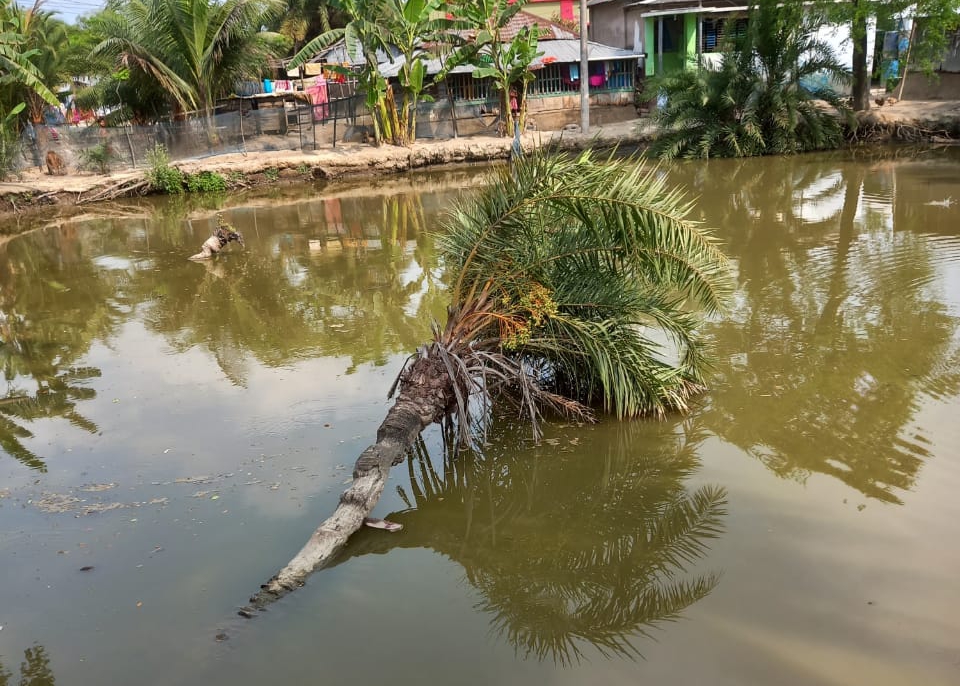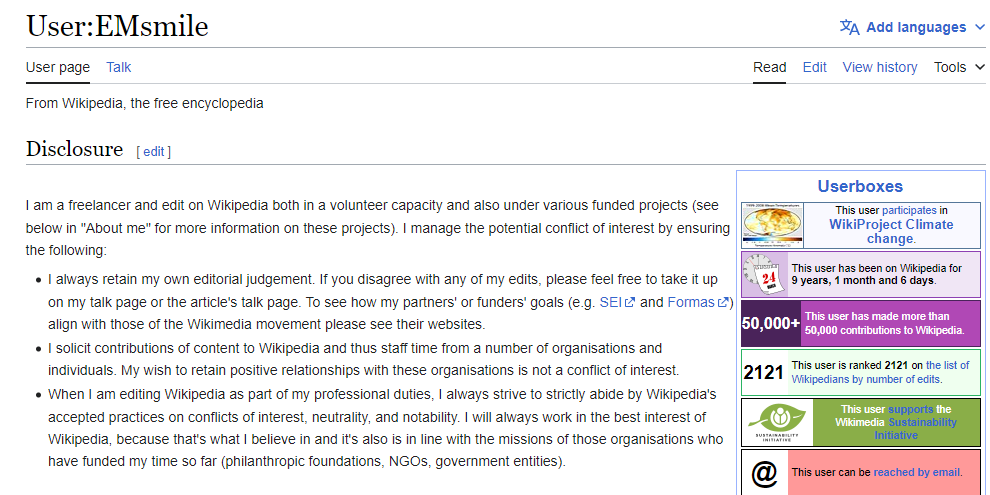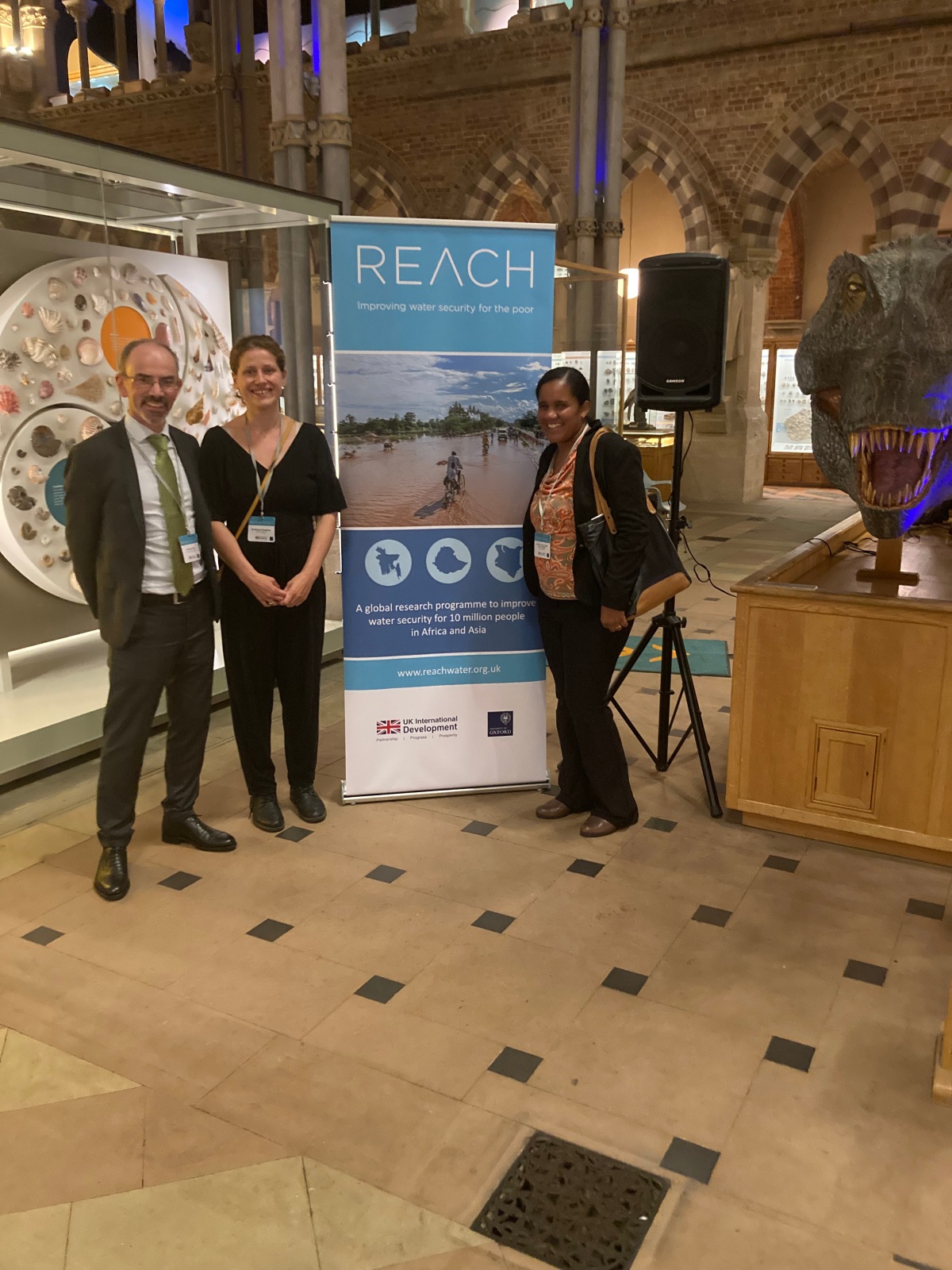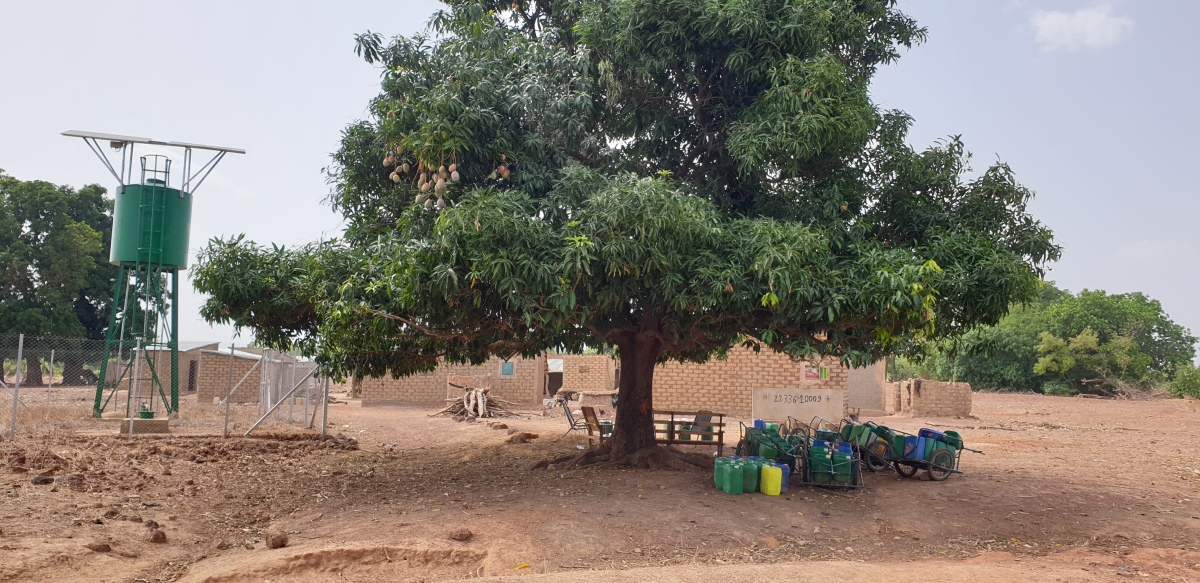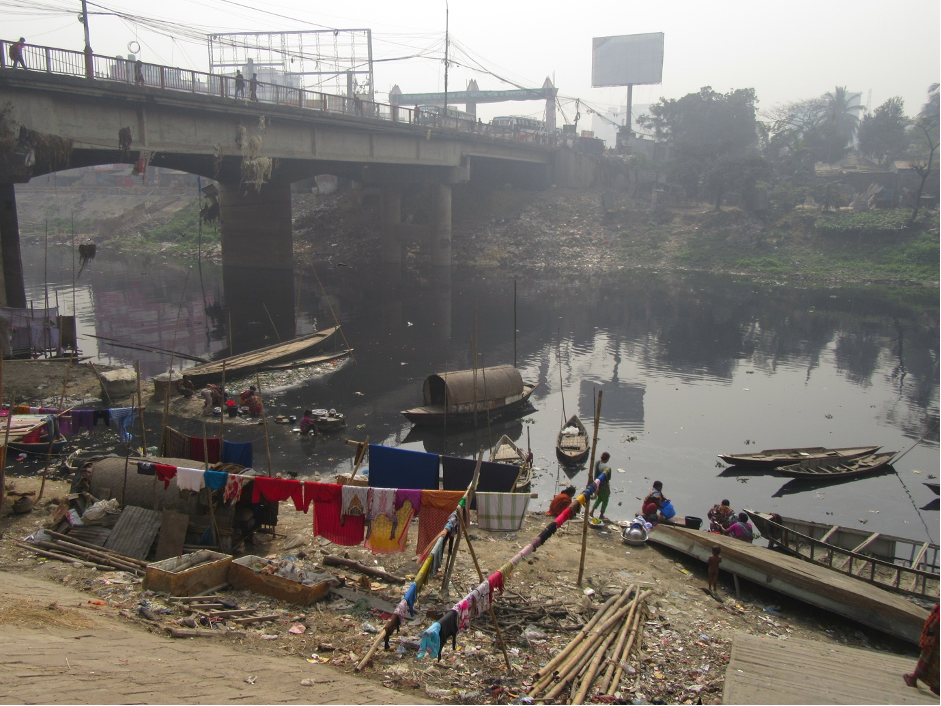Глобальный анализ поставщиков услуг сельского водоснабжения в рамках ориентированного на результаты финансирования.
необходимость в увеличении финансирования операций и технического обслуживания. Связи между инвестициями и результатами должны быть более прозрачными, а существующее государственное финансирование необходимо использовать максимально эффективно за счет стимулирования производительности сектора, оптимизации распределения государственной помощи и содействия более качественному планированию и управлению сектором.
Что такое финансирование, ориентированное на результаты?
Очевидно, что льготное финансирование необходимо для обеспечения надежности услуг для всех жителей, особенно в сельской местности. Финансирование, ориентированное на результаты, — это способ целенаправленно и прозрачно инвестировать денежные средства в нужном масштабе с учетом имеющихся данных, при этом стимулируя постепенное совершенствование услуг. Выбранные показатели эффективности, такие как количество надежно и бесперебойно работающих пунктов водоснабжения, объем добытой воды и объем полученного на местах дохода, используются для составления договоров с поставщиками услуг, основанных на результатах, а также для определения суммы платежей после проверки показаний.
В чем заключается наша инициатива?
В рамках инициативы 100M будет проведен многоэтапный сбор данных для оценки масштабов и потенциала финансирования, ориентированного на результаты, во всем мире. Этапы реализации инициативы будут следующими:
- Определение поставщиков услуг сельскоговодоснабжения и соответствующихрегулирующих органов в максимальновозможном количестве стран и установлениеконтакта с ними. Особое внимание будет уделено странам с низким и средним уровнем доходов.
- Проведение небольшого опроса с целью сбораданных для определения целесообразностизаключения договоров на финансирование,ориентированное на результаты, а также ихструктуры в различных контекстах и для разныхтипов услуг.
- Определение референтной группы поставщиковуслуг в нескольких странах, заинтересованных вмасштабном моделировании финансирования,ориентированного на результаты.
- Использование собранных данных ирезультатов анализа для завершенияразработки стратегии ориентированного нарезультаты финансирования, которая обеспечитподдержку основанных на эффективностидоговоров на предоставление услугводоснабжения для 100 миллионов человек к2030 году.
Как вы можете принять участие?
Для проведения действительно глобального анализа требуется привлечь не только тех поставщиков услуг сельского водоснабжения, которые связаны с RWSN и другими глобальными сетями. Нам нужна ваша помощь в определении как можно большего числа поставщиков услуг в этом секторе.
Вы:
•…представляете регулирующий органнационального или местного масштаба,осуществляющий контроль надпоставщиками услуг водоснабжения, ижелаете пройти опрос?
•…работаете в организации,заинтересованной в изучениифинансирования услуг сельскоговодоснабжения, ориентированного на результаты?
•…можете предоставить нам контакты,которые помогут нам создать глобальнуюбазу данных поставщиков услуг сельскоговодоснабжения и/или руководителейпрограмм водоснабжения сельскойместности на национальном уровне?
Хотели бы вы:
•…узнать больше об этой инициативе?
•…присоединиться к референтнойгруппе?
Тогда свяжитесь с Мелиссой Нотон по адресу ruralwater[at]skat.ch
О нас
REACH — это глобальная исследовательская программа, финансируемая Министерством иностранных дел и международного развития Великобритании (FCDO) и возглавляемая Оксфордским университетом. Она направлена на улучшение безопасности водоснабжения для десяти миллионов малоимущих людей в Африке и Азии к 2024 году.
Сеть сельского водоснабжения (RWSN), организованная учреждением Skat Foundation, — это глобальная сеть, в которую входят более 12 000 специалистов в области сельского водоснабжения, стремящихся повысить уровень своих знаний, компетентность и профессионализм, чтобы реализовать видение RWSN по обеспечению бесперебойного водоснабжения для всех сельских жителей.
RWSN сотрудничает с Оксфордским университетом в рамках программы REACH с целью эффективной организации ориентированного на результаты финансирования для 100 миллионов человек к 2030 году. Эта инициатива опирается на данные исследований консорциума Uptime, демонстрирующих возможности ориентированного на результаты финансирования и способы перехода на устойчивое финансирование для постепенного достижения целей безопасного управления водными ресурсами.
Ресурсы
Ссылка на вебинар на русском языке: Вебинар, проведенный 8 июня 2021 года, был ориентирован на сельских операторов водоснабжения из Восточной Европы и Центральной Азии и объяснял, как операторы водоснабжения могут принять участие или поддержать исследование 100M Global Diagnostic для разработки ориентированного на результат финансирования услуг водоснабжения для 100 миллионов человек к 2030 году.

